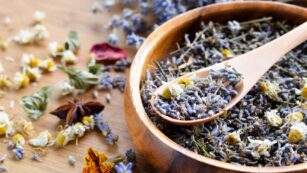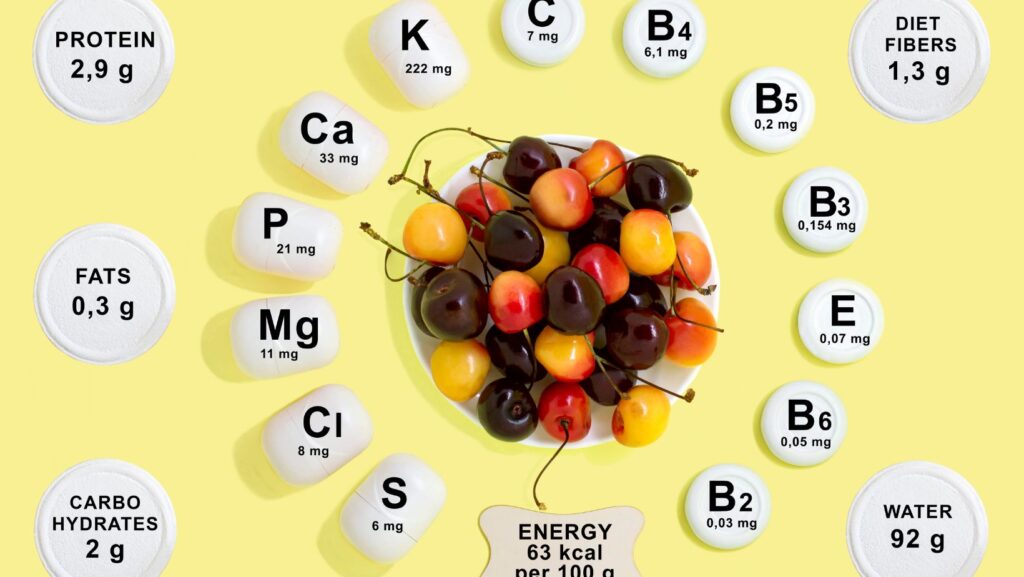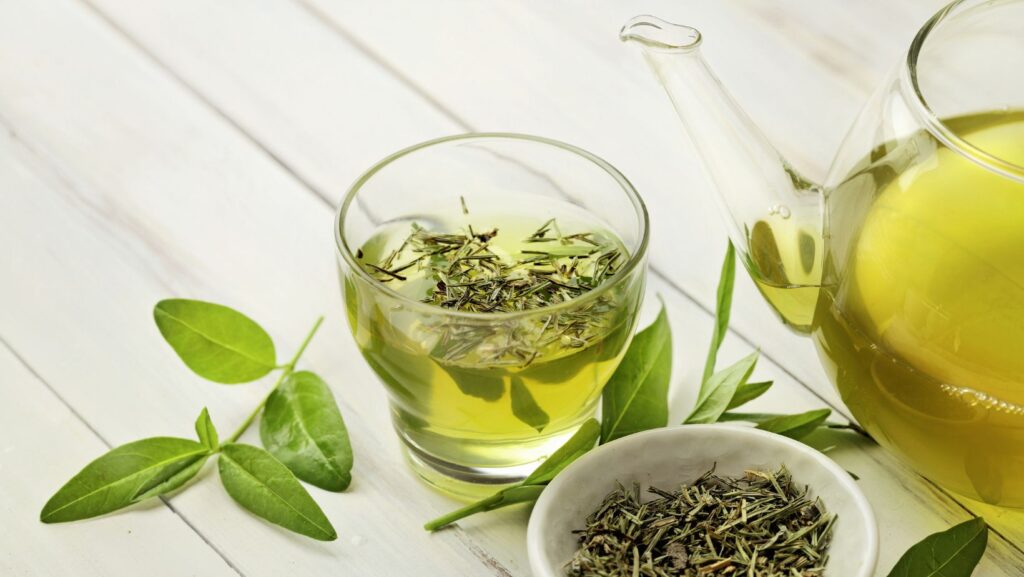In today’s fast-paced world, ensuring children’s immune systems are robust and resilient is more important than ever. With exposure to a myriad of germs and viruses, kids need a strong defense to stay healthy and active. Parents often find themselves searching for effective ways to bolster their children’s immunity, from nutritious diets to lifestyle changes.
Understanding the fundamentals of immune support can empower parents to make informed decisions. By incorporating a balanced diet rich in vitamins and minerals, encouraging regular physical activity, and ensuring adequate sleep, they can lay a solid foundation for their children’s health. Additionally, simple practices like handwashing and staying hydrated play crucial roles in maintaining a strong immune system.
Children’s Immune Support
 Optimal immune support is integral to child health. Diet plays a crucial role. Nutrient-dense foods like fruits, vegetables, and whole grains supply essential vitamins and minerals. Vitamin C, found in citrus fruits and strawberries, strengthens immune defense. Probiotics in yogurt support gut health. Physical activity also enhances immunity. Regular exercise improves circulation, allowing immune cells to move freely. CDC recommends at least 60 minutes of moderate-to-vigorous activity daily for children. Adequate sleep fortifies the immune system. Children aged 6-12 years benefit from 9-12 hours of sleep per night, while teens require 8-10 hours. Lifestyle habits are key. Proper handwashing removes pathogens effectively. Hydration maintains body functions, including immune response.
Optimal immune support is integral to child health. Diet plays a crucial role. Nutrient-dense foods like fruits, vegetables, and whole grains supply essential vitamins and minerals. Vitamin C, found in citrus fruits and strawberries, strengthens immune defense. Probiotics in yogurt support gut health. Physical activity also enhances immunity. Regular exercise improves circulation, allowing immune cells to move freely. CDC recommends at least 60 minutes of moderate-to-vigorous activity daily for children. Adequate sleep fortifies the immune system. Children aged 6-12 years benefit from 9-12 hours of sleep per night, while teens require 8-10 hours. Lifestyle habits are key. Proper handwashing removes pathogens effectively. Hydration maintains body functions, including immune response.
Key Nutrients for Immune Support
Key nutrients play a vital role in supporting children’s immune systems. These nutrients not only aid in defending against pathogens but also promote overall health.
Vitamins and Minerals
 Vitamins and minerals act as essential components of a child’s diet to boost immunity. Vitamin C, found in citrus fruits and strawberries, enhances the production of white blood cells, which fight infections. Vitamin D, present in fortified milk and sunlight exposure, regulates immune responses and reduces inflammation. Zinc, available in lean meats and whole grains, accelerates immune cell function and aids in wound healing. Iron, in red meats and spinach, ensures adequate oxygen transport to cells, aiding strong immune defenses. Incorporating foods rich in these vitamins and minerals supports balanced immune function.
Vitamins and minerals act as essential components of a child’s diet to boost immunity. Vitamin C, found in citrus fruits and strawberries, enhances the production of white blood cells, which fight infections. Vitamin D, present in fortified milk and sunlight exposure, regulates immune responses and reduces inflammation. Zinc, available in lean meats and whole grains, accelerates immune cell function and aids in wound healing. Iron, in red meats and spinach, ensures adequate oxygen transport to cells, aiding strong immune defenses. Incorporating foods rich in these vitamins and minerals supports balanced immune function.
Probiotics and Prebiotics
Probiotics and prebiotics enhance gut health, a crucial part of immune support. Probiotics, found in yogurt and fermented foods like kefir, introduce beneficial bacteria to the gut, boosting the immune system. These bacteria help fight harmful pathogens and improve nutrient absorption. Prebiotics, found in bananas and oats, feed good bacteria and support their growth. This synergy maintains a healthy microbiome, promoting effective immune responses. Integrating probiotics and prebiotics into children’s diets fosters a balanced gut environment conducive to strong immunity.
Lifestyle Factors Impacting Immunity
Lifestyle choices significantly influence children’s immune health. Parents can adopt simple yet effective measures to support their children’s natural defenses. Just like a Vein Specialist can help improve circulatory health, consistent physical activity and proper hydration are key factors in maintaining a robust immune system.
Sleep and Rest
Adequate sleep is crucial for immune function. Children aged 6-12 benefit from 9-12 hours of sleep each night, while teens require 8-10 hours. Consistent sleep schedules and calming bedtime routines help optimize rest, promoting immune recovery and stress reduction.
Physical Activity
Regular physical activity enhances immune response. At least 60 minutes of moderate-to-vigorous exercise daily boosts circulation and immune cell efficiency. Activities such as biking, playing sports, or active playtime contribute to better overall health and immune resilience.
Natural Supplements for Immune Health
 Natural supplements offer a supportive role in maintaining and enhancing children’s immune health. These supplements, when combined with a healthy lifestyle, can provide additional immune defense.
Natural supplements offer a supportive role in maintaining and enhancing children’s immune health. These supplements, when combined with a healthy lifestyle, can provide additional immune defense.
Herbal remedies like echinacea, elderberry, and astragalus have been used for centuries to boost immunity. Echinacea may support immune response by increasing white blood cell activity. Elderberry is rich in antioxidants and can reduce the severity of cold and flu symptoms. Astragalus is known for its antiviral properties and can help improve resistance to infections.
Immune-Boosting Foods
Certain foods inherently support immune health due to their nutrient content. Garlic contains allicin, which may help fight infections. Mushrooms, particularly shiitake and maitake, offer beta-glucans that activate immune cells. Almonds are a source of Vitamin E, an antioxidant that enhances immune function. By including these foods in their diet, children’s natural defenses can operate more effectively.



